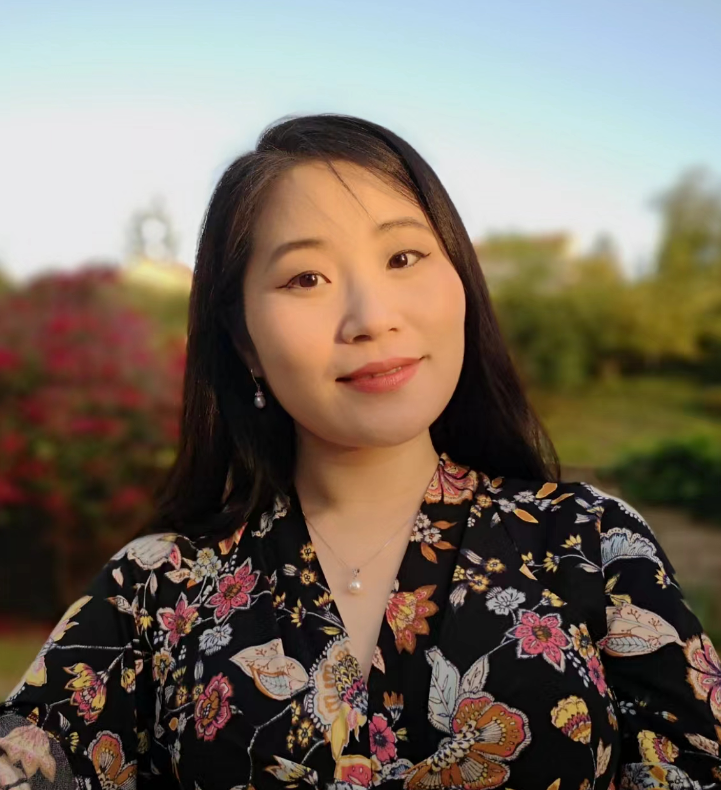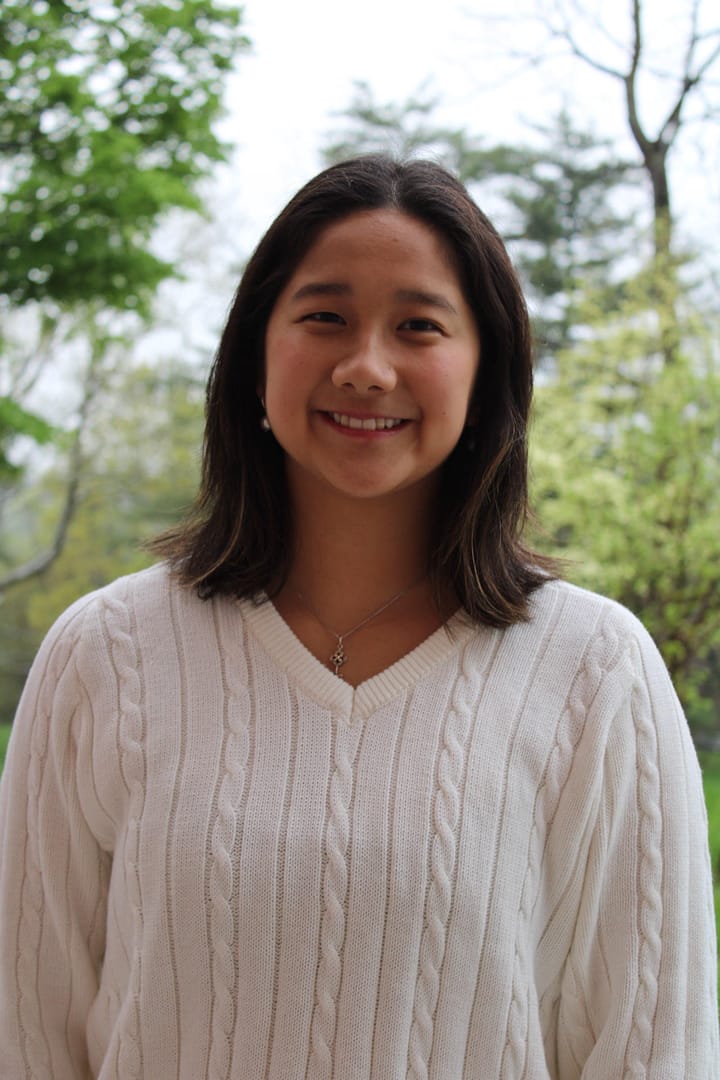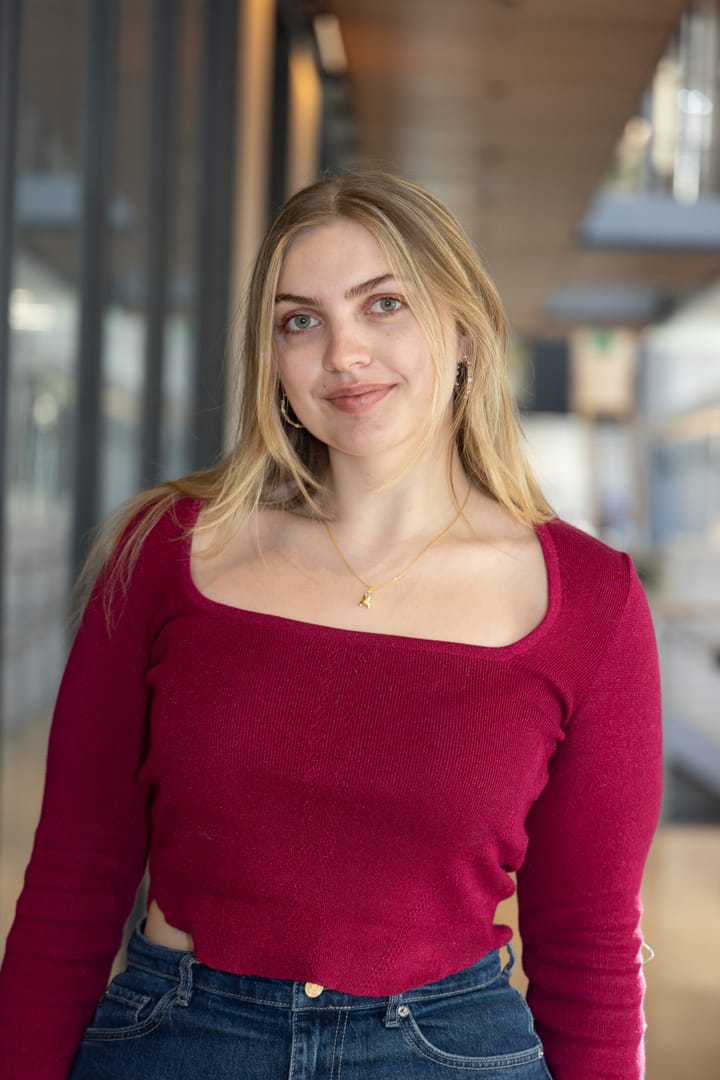Fresh Faculty: Li Zhang
Li Zhang is an assistant professor of sociology and environmental studies. Now in her second year at the college, she spoke to The Student about the importance of taking a transdisciplinary approach to research.

You might find Environmental Studies and Sociology Professor Li Zhang’s area of research to be appetizing, both literally and intellectually: she focuses on food. More specifically, she examines the socio-ecological impacts of agrarian transformation in China, domestically and within a global context. To her, food “provides a lens to see all corners of society and the transformation.”
In particular, Zhang examines questions surrounding security, safety, and governance of food as well as rural development and rural-urban migration. This includes intersections with gender, the environment, and public health.
Zhang grew up in China during the late 1980s, a time marked by rapid development and instability. While optimistic rhetoric regarding economic growth and modernization was prevalent, there were also rising concerns surrounding safety within food systems. Influenced by her lived experiences, Zhang began conducting fieldwork in rural areas to better understand these “social fabrics and tensions.” She found that the “large scale and massive speed” of transformation resulted in “vulnerability and susceptibility to specific groups,” including migrant peasant workers.
Zhang also investigated public health concerns. The pace and scale of development made the governance of food markets challenging. Along with the “rapid mobilization of people” between remote and urban areas, government efforts gave “rise to infectious diseases.”
So when the Covid epidemic became prevalent, she used her public health research to write her first book: The Origins of COVID-19: China and Global Capitalism. Zhang describes the book as a “study of the roots of the pandemic in the entanglement of Chinese authoritarianism and global capitalism.” She hoped to “[shift] debate away from narrow cultural, political, or biomedical frameworks that dominate current discussion of the origins of [Covid]” and emphasize “that we must understand emerging diseases with pandemic potential in the more complex and structural entanglements of state-making, science and technology, and global capitalism.”
While Zhang is formally a sociologist, in her research, she attempts to “navigate in different disciplinary boundaries or break those boundaries.” When trying to answer a question, she wants to incorporate the best perspectives and methods from various fields. She gained an appreciation for working across disciplines from her Ph.D. in Development Studies, which is interdisciplinary by nature and includes sociology.
When working on her book, she used a transdisciplinary approach to bridge the natural sciences and social sciences. Zhang considered perspectives from virology, for example, in addition to sociology.
Zhang hopes to bring this transdisciplinary perspective not only to her field but also to her students. She hopes students take away the “notion that every discipline itself has its own value, however, you can bring more. You can break those barriers.” While each field uses “different terms” and “different methods,” Zhang encourages students to find “connections” and “convergence.”
In fact, one reason she was excited to teach at Amherst is because students tend to explore various fields through the open curriculum. This means in her classes, many students come in with perspectives from STEM courses and the humanities.
She also values the ability to work closely with students. Before Amherst, she taught at the University of California, Irvine, which has larger class sizes and is not centered around undergraduate instruction. Zhang appreciates that Amherst focuses on teaching and has small class sizes, resulting in stronger student-faculty relationships.
Furthermore, she enjoys the “autonomy in teaching” that the college provides. She restructured many of the courses she previously taught at other institutions to take advantage of the “liberal arts setting.” In particular, she added hands-on activities and opportunities for community engagement.
For example, her Food and Environment class, which is centered around her research, goes on field trips to the Book and Plow Farm, Valentine Hall, and the Amherst Survival Center. The class ends the semester with a potluck, allowing students to share a dish of personal significance.
Zhang’s What is Development? class explores “origins of Development [with a capital] D,” which is “rooted in colonialism and the postcolonial struggle.” The class examines “the consequences of this mainstream Eurocentric” view on “development” and how “sustainable development” is being redefined.
To engage students, the class holds a mock development discussion, similar to Model United Nations, where students “play different roles” while engaging with “a local or global problem in terms of development.” Zhang is collaborating with the Loeb Center to create a career pathway workshop for her students to converse with alumni who work in a diverse set of institutions focused on development. She wants to show students how they can apply the theories they learn inside the classroom after they graduate.
Zhang’s other two courses, Pandemics and Society, and Qualitative Research Methods, take advantage of small course sizes to allow for seminar-style discussions.
Another perspective Zhang hopes to bring to students is resilience. Her journey from rural China to academia exemplifies determination in the face of adversity. Born in the late 1980s as a woman in rural China in a peasant family, Zhang had to overcome many obstacles before her eventual entrance into the U.S. and Amherst.
One of the most notable parts of Zhang’s upbringing story is that she survived as the second child in her family during a period of strict family planning policies in China. According to Zhang, she easily “could have ended up as a factory girl.” Secondary and college education changed her life. It was her faith in higher education and the social support from her parents that enabled her to thrive as a first-generation college student, a tenure-track faculty in China, and an immigrant. In this long journey, she learned to be resilient and see hope in the most desperate circumstances.
Reflecting on her experiences, Zhang emphasizes that her trajectory is not unique but rather “examples of the impact of education.” Now, she positions herself both as a fellow learner and an educator who brings knowledge and hope: “I’m here and I’m learning together with you, and I’m not only speaking on behalf of myself but [of] people who are marginalized. I want to inspire younger generations to think about things that are possible.” With a deep appreciation for the opportunities afforded by higher education, Zhang applauds the initiatives taken by Amherst to diversify the student body and faculty. In the rich tapestry of diversity, she finds hope and sees boundless potential for positive change and growth.
Amidst the weighty discussions of resilience and hope, Zhang shares lighter moments from her life. In her free time, she loves to spend time with her daughter and see her growth, particularly in navigating three languages. She is happy seeing the reward of her work and efforts as a mom. Most importantly, she hopes to serve as a role model for her daughter.
Since she and her family frequently dine in Val, we asked her about her favorite meals. She likes the curries, Korean-inspired dishes, and miso salmon. But she also points out that she doesn’t like the Chinese-American food. “That’s the dish that turns me away,” she says. Her family members love Val for different reasons — her husband loves the short ribs and burgers, and her daughter loves the pasta and pizza, a preference she jokingly refers to as a “challenge to face reality.” She is hoping for more sustainable food and menu options, more authentic ethnic-inspired dishes, and locally sourced food — an appetizing selection, quite similar to the courses she offers at Amherst.





Comments ()